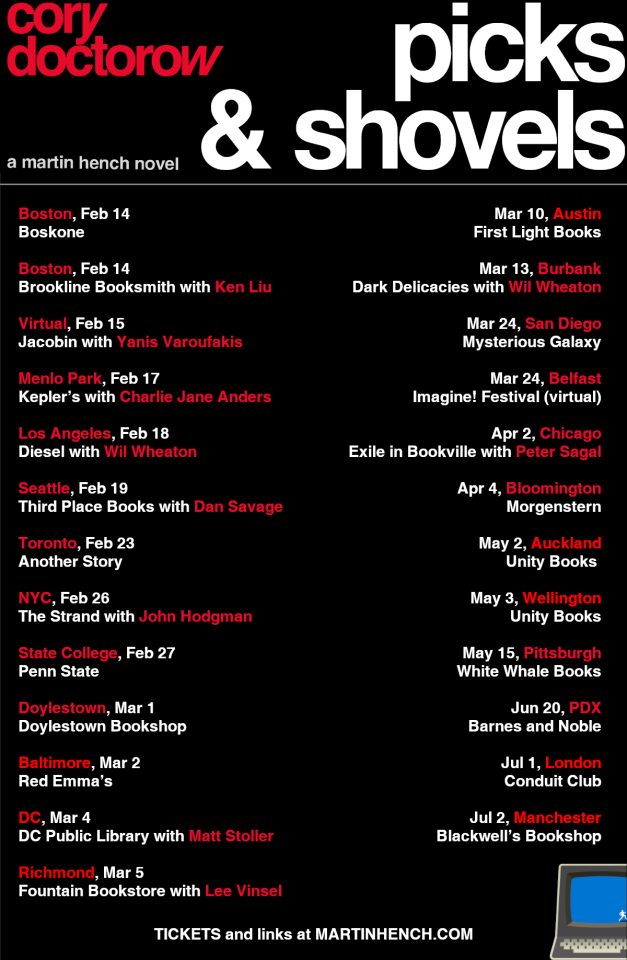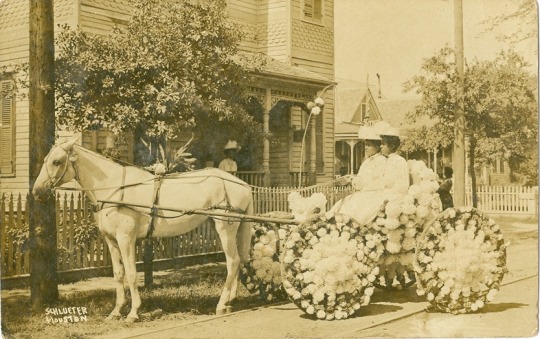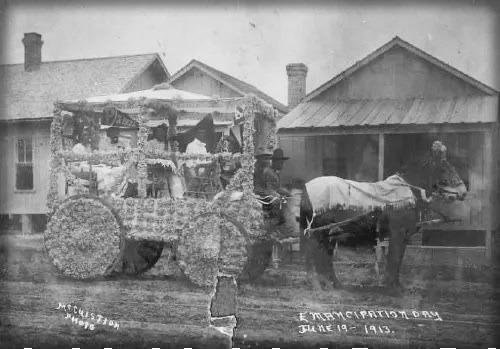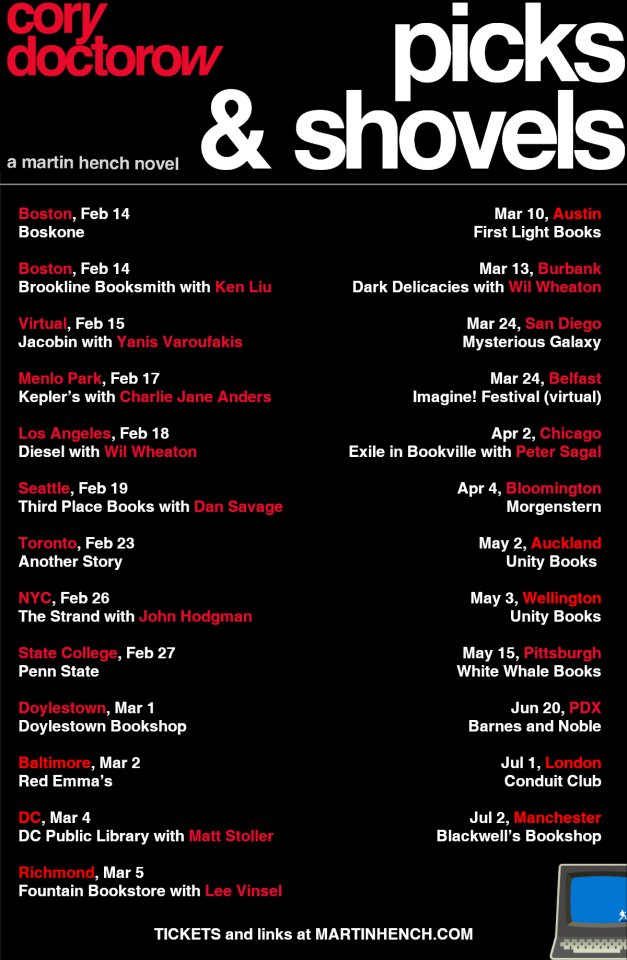I’m 37 and bi pronouns she/they tme formerly hamvendor
Don't wanna be here? Send us removal request.
Text
Actually I know I promote smoking like no tmr but SERIOUSLY younger trans men and enbies who would consider top surgery in the future stay the fuck away from tobacco products until well after surgery, the chemical dependanty is easy to start and is HARD TO END. And to get top surgery you will be required to quit nicotine 6 months in advance because the chemicals in cigarettes prevent your body and lungs from healing properly, leading to a higher risk of complications or infections. I myself have struggled to quit and it's still actively something I'm struggling with because it's so incredibly hard to quit. Don't prevent yourself from a better future because of immediate pleasures yk. I want y'all to get that surgery. At least it's not the same for weed tho u only need to kick that for a couple weeks so just stick to pot and be responsible
#estrogen increases the likelihood of blood clots and so does smoking#so having both risk factors is not good#my doctor wouldn’t let me use estrogen based birth control back when I smoked for this reason
3K notes
·
View notes
Text
can someone please tell me what the fuck I just saw
103K notes
·
View notes
Photo

Wren (Troglodytes troglodytes) by Phil Winter Via Flickr:
2K notes
·
View notes
Text
Daniel de Visé’s ‘The Blues Brothers’

I'm in the home stretch of my 20+ city book tour for my new novel PICKS AND SHOVELS. Catch me at the TUALATIN public library TOMORROW (June 22). After that, it's LONDON (July 1) with TRASHFUTURE'S RILEY QUINN and then a big finish in MANCHESTER on July 2.

I picked up Daniel de Visé's The Blues Brothers: An Epic Friendship, the Rise of Improv, and the Making of an American Film Classic at LA's Diesel Books; it was on the receiving table I sat next to as I signed books after a book-tour reading, and I snuck peeks at the back cover while I chatted with the long line of attendees:
https://danieldevise.com/product/the-blues-brothers-an-epic-friendship-the-rise-of-improv-and-the-making-of-an-american-film-classic
By the time the line was cleared, there was no question that I was going to buy this book, even though it wasn't formally for sale for a couple days (the bookstore staff were kind enough to make an exception for me, not least because I promised them that I wouldn't get a chance to read it for quite some time as I flitted from city to city on the rest of the tour).
Like many people of my generation, I grew up with The Blues Brothers. I taped the movie off of TV when I was about 14 and literally wore the tape out in the next four years, re-watching and re-re-watching the movies on that tape – Animal House, The Blues Brothers and Spinal Tap – so many times that I can still just about recite those movies verbatim, more than 30 years later.
The Blues Brothers is sunk so deep into my psyche that I don't know that I ever questioned why they were so embedded in my outlook. I don't know if I can even tell you when I first saw the movie. Certainly, my friend-group was very into the movie, and my best friend and I went as Jake and Elwood on multiple Hallowe'ens at the Rocky Horror Picture Show at Toronto's Roxy Theatre, until it became such a cliche for us that we felt the need to mix it up and dress up at zombie Jake and Elwood.
But beyond the movie, I was taken with the Blues Brothers' music. I didn't know much about blues, boogie woogie and other roots music before the Blues Brothers came into my life. The combination of the Blues Brothers movie and its sound-track sent me on a treasure hunt for music by the band, its musical guests, and the artists whose song they covered. By the time I was 20, I'd amassed a vast collection of used records, tapes and CDs featuring Cab Calloway, Ray Charles, John Lee Hooker, Aretha Franklin, Willy Mabon, The Chips, Floyd Dixon and more. Soon, I was leaping from one artist to others. I found an incredible Pop Staples/Steve Cropper/Albert King collaboration "Jammed Together":
https://www.youtube.com/watch?v=8Sarzs8VRSg
Within a few hops, I'd found my way to Sonny Terry and Brownie McGhee and thence to the immortal James Cotton:
https://www.youtube.com/watch?v=kl4IcMlrJwM
I started skipping Rocky Horror to see the house band at Chicago's on Queen Street, and from there found my way to the weekend jams at Grossman's:
https://torontobluessociety.com/venue/grossmans-tavern-2/
It's not an overstatement to say that The Blues Brothers altered my life, changing the music I listened to and the way I understood the musical ancestry of everything that went into my ears. Indeed, the effects that The Blues Brothers had on my life are so pervasive that I effectively stopped noticing them. When I put on a Memphis Slim album, it doesn't occur to me that the reason that music is on my hard-drive has something to do with that worn-out VHS cassette in my parents' living room in the 1980s.
Standing there at the counter at Diesel Books for an hour, sneaking peeks at the back cover of de Visé's book, set me to considering exactly how this weird and remarkable phenomenon came to be. I knew a little, of course – my friends and I used to trade the information that Aykroyd came from a family of famous Ontario Tories the same way we would have gossiped had his father been a famous serial-killer. And no one could escape some of the more salacious details of Belushi's death, though I absorbed most of what I knew via one of the greatest short stories I've ever read, Bradley Denton's "Calvin Coolidge Home for Dead Comedians," about Belushi and Lenny Bruce leading a revolt in Comedian Hell:
https://en.wikipedia.org/wiki/The_Calvin_Coolidge_Home_for_Dead_Comedians
So I bought a copy off the receiving table, straight out of the warehouse box, and I've finally gotten around to reading it, and holy moly is it fascinating! I confess that in the months since I brought the book home and stuck it on the TBR shelf, I'd mostly forgotten why I'd picked it up and had started to view it as a book full of production trivia, and when I picked it up this week, it was with an eye to skimming it quickly before putting it out at the curb in my Little Free Library. Instead, I found myself utterly engrossed in a brilliantly told, brilliantly researched tale that left me with a much deeper understanding of – and appreciation for – the cultural phenomenon that I was (and am) swept up in.
De Visé devotes the first third of the book to snappy, revealing biographies of Belushi and Aykroyd, who grew up in very different milieux, and were of very different temperaments, but who both found their way into comedy just as the tradition of Borscht Belt comics and variety shows were giving way to a younger, weirder kind of comedy, a mixture of Monty Python, National Lampoon and improv.
These biographical sketches are short, but they don't shy away from nuance – Belushi's parents, for example, are simultaneously painted as loving and also reckless and self-involved. De Visé gives the lion's share of attention to Belushi, but he doesn't stint on detail about Aykroyd, strongly implying that "Danny" is on the spectrum, with a deep collection of "special interests" and a deep discomfort with eye contact that accounts for habit of wearing sunglasses.
As the two men find their way into various pioneering comedy projects – Second City, National Lampoon radio shows – they start to inch towards Lorne Michaels, and thus to each other. As de Visé painstakingly traces the ups and downs of their comedy careers, he paints a vivid picture of the wild swings of talented, striving artists at the start of their careers. By the time we get to the SNL chapters, the show itself becomes the star, and its rocky early days strongly echo the struggles of the comedians we've followed to its stage.
The actual production story of The Blues Brothers movie doesn't start until more than halfway through the narrative. By that time, we've been set up with the way that filmmaking, comedy, popular culture, and politics have all changed to make The Blues Brothers movie a possibility. De Visé shows us how Belushi had won over a long list of household names in the entertainment industry, and how Aykroyd's meticulous, obsessive nature honed and directed Belushi's wild talent.
The actual production of, and reception to, The Blues Brothers movie arrives in the book as a kind of extended climax and denouement, and yes, there are tons of funny bits of production trivia and gossip in this section. From winning over the mayor of Chicago (who reversed a decades-long policy of all-but-total prohibitions on filming permits in the city) to dropping a Ford Pinto thousands of feet, to the garage where, every night, dozens of surplus police cars that had been crashed that day were refurbished and gotten into shape to be crashed again the next day.
And while all of this is going on, de Visé gives us a vivid portrayal of Belushi's spiraling addiction, the disease that is killing him right there, in front of everyone who loves him. That story carries over into the film's aftermath, as it is laboriously cut from more than three hours (it was originally intended to be shown with an intermission!) and released to hostile critics and an adoring public.
These are the final days of Belushi, something we all know and can see coming. But even as Belushi approaches his final days, we learn how The Blues Brothers movie had created a legacy. It was Aykroyd who got Belushi into the blues, and the schtick they did about wanting to preserve this music from a world that was set to bury it and forget it wasn't just for the movie.
Aykroyd and Belushi wanted to bring the music back. They couldn't stand that the likes of Cab Calloway, Aretha Franklin, Ray Charles and James Brown were playing county fairs and half-full night clubs. They wanted the music to escape from history and live again. And they succeeded. In a "where are they now" coda straight out of the closing credits of Animal House, de Visé documents how the artists featured in the movie – and the musical traditions they represented – experienced a massive revival following the film's release, which the musicians themselves credit to the movie.
Which is where I came in, I suppose. That's how I got here, in this form, with a hard drive full of R&B, blues, country swing, jazz, boogie woogie and jump blues that vie with Talking Heads for play in my shuffle.
This isn't a book about a movie; it's a rich and engrossing tale of an extraordinary creative collaboration that found an unlikely foothold at just the right time and place. It's a sensitive, funny, and revealing account of Belushi, Aykroyd, and the comedians, impresarios and friends in their orbit. Even if you didn't wear out a VHS cassette and memorize the whole damned movie, you will find something surprising and delightful in these pages.

If you'd like an essay-formatted version of this post to read or share, here's a link to it on pluralistic.net, my surveillance-free, ad-free, tracker-free blog:
https://pluralistic.net/2025/06/21/1060-west-addison#the-new-oldsmobiles-are-in-early-this-year
122 notes
·
View notes
Text

14K notes
·
View notes
Text
Literally on a post about US racial politics and the US healthcare system and US abortion laws.
Some of you people will just say whatever lmao
Just saw someone accuse someone of being too US centric on a post about … something that happened in the US lmfao.
12 notes
·
View notes
Text
Just saw someone accuse someone of being too US centric on a post about … something that happened in the US lmfao.
12 notes
·
View notes
Text
Going back to sleep now
What if T. rex had a big floppy comb like a chicken but it just never fossilized
7 notes
·
View notes
Text
What if T. rex had a big floppy comb like a chicken but it just never fossilized
7 notes
·
View notes
Text





A series of Juneteenth celebratory wagons in the early 1900s, in Houston, Austin and Corpus Christi.
12K notes
·
View notes
Text

100% PREV THIS POST MADE ME VERY NERVOUS FOR OTHER PEOPLE WITH OCD.
FEEDING INTO YOUR COMPULSION TO ASK FOR REASSURANCE IS GOING TO MAKE YOUR SHIT WORSE IF YOU HAVE OCD.
ALSO A LOT OF PEOPLE HAVE OCD WITHOUT KNOWING IT BECAUSE THE POP CULTURE IDEA OF WHAT IT IS IS EXTREMELY INACCURATE. GOOGLE IT YA MIGHT BE ONE OF US!
Can we please normalize reassurance? Because most of the time I really don’t know if everything’s okay.
2K notes
·
View notes
Text
When you think a cute butch lesbian is hitting on you but it’s just a man 😔
11 notes
·
View notes
Text
The Immortal Choir Holds Every Voice

I'm in the home stretch of my 20+ city book tour for my new novel PICKS AND SHOVELS. Catch me in PDX THIS FRIDAY (June 20) at BARNES AND NOBLE with BUNNIE HUANG and at the TUALATIN public library on SUNDAY (June 22). After that, it's LONDON (July 1) with TRASHFUTURE'S RILEY QUINN and then a big finish in MANCHESTER on July 2.

Margaret Killjoy writes fantasy stories of relentless tension, boundless wonder, thrilling adventure…and completely radical, unflinching anarchist politics. Her 2024 YA novel "The Sapling Cage" is a queer coming-of-age epic that motors with all the narrative energy of a genderbent Conan epic:
https://pluralistic.net/2024/09/24/daughters-of-the-empty-throne/#witchy
Today, Strangers In a Tangled Wilderness Press publishes The Immortal Choir Holds Every Voice, a collection of three linked short stories set in Killjoy's celebrated Danielle Cain series, which Alan Moore called "ideal reading for a post-truth world":
https://www.tangledwilderness.org/shop/p/the-immortal-choir-holds-every-voice
Danielle Cain is a freight-train-hopping, anarcho-queer hero whose adventures are shared by solidaristic crews of spellcasting, cryptid-battling crustypunk freaks and street-fighters. In Immortal Choir, the action opens with Danielle and a motley band around a campfire in a dark Idaho woods, surrounded by the night-screams of some distant demonic presence. It's Samhain, and the veil between the realm of the living and the dead is as thin as it gets. Bad things are stalking the night.
To save themselves, they must court their own dead, welcoming them to their circle. They pile a camp-plate high with food for the dead to eat, build the fire up, and begin the tell the stories of their dead comrades, summoning them as a defense against the monstrous forces that stalk the All Saints night. This is the setup for the three linked short stories that make up this short book.
This is a great setup: a group of endangered comrades, huddled together against the darkness without, telling tales to buoy up their bravery. It's the framing device that makes The Decameron an enduring classic after 800 years and counting. In Killjoy's hands, it sings.
The first story is "The Troll King's Court," a ghost story about a Norwegian troll cult that came to America in a failed Manhattan-Adjacent Project to create a mystical superweapon with which to win WWII. It's ultimately a story about how the competent people who have their shit together in our lives are just as broken as the rest of us, and about the many ways that release, fulfillment and actualization can take place. It's spooky as fuck.
The middle story is "The Fairies of the Spring," which summons up the old, mean roots of the Fair Folk, the cruelty behind their beauty and merry laughter. Pratchett did one of these (Lords and Ladies), and so have many others – but no one's done it where the resistance comes from a motley band of queer punk club-owners in a rural town, who team up with local shitkickers to hunt the elves and banish them to their realm.
The final tale is "The Battle of Miami," a story about a streetfighting anti-globalist battle. It's a tale of Black Bloc tactics and true queer love, that lights up with joy.
Killjoy's really onto something with this series. She's tapping into the deep roots of fantasy – maybe the socialist parables woven into William Morris's stories. She's also connecting with the roots of urban fantasy (I was delighted to see a reference to Terri Windling's superb, absolutely amazing Borderland series).
These three tales stand alone, so there's no need to read the previous volumes before diving into this one. But you should read the other two, because they're great:
The Lamb Will Slaughter the Lion (2017):
https://reactormag.com/excerpts-margaret-killjoy-the-lamb-will-slaughter-the-lion/
The Barrow Will Send What It May: (2018):
https://reactormag.com/excerpts-the-barrow-will-send-what-it-may-margaret-killjoy/

If you'd like an essay-formatted version of this post to read or share, here's a link to it on pluralistic.net, my surveillance-free, ad-free, tracker-free blog:
https://pluralistic.net/2025/06/18/anarcho-cryptid/#decameron-and-on
144 notes
·
View notes

